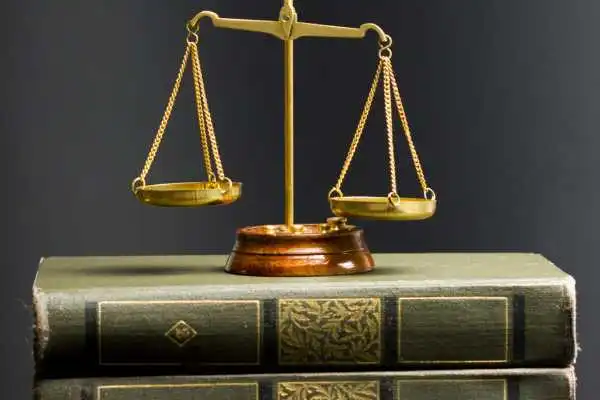Syllabus:
GS2: Indian Constitution—Historical Underpinnings, Evolution, Features, Amendments, Significant Provisions and Basic Structure.
Context:
Recently, the Vice President called the Emergency-era addition of expressions “socialist” and “secular” to the Constitution’s Preamble.
More on the News
- The words “socialist” and “secular” were inserted into the Preamble by the 42nd Constitutional Amendment Act of 1976, which made wholesale changes to India’s founding document.
- Most of the changes of 42nd Constitutional Amendment Act of 1976 werelater rolled back by the 44th Amendment in 1978 but the Preamble remained unchanged.
- The 42nd Amendment also introduced Fundamental Duties, added new Directive Principles of State Policy, curtailed judicial review and froze the delimitation process.
Key Provisions Related to Secularism and Socialism
- Fundamental Rights (Part III):
- Article 14: Guarantees equality before the law and equal protection of the law, prohibiting discrimination on the grounds of religion.
- Article 15: Prohibits discrimination against any citizen on the grounds only of religion, race, caste, sex or place of birth.
- Article 16: Ensures equality of opportunity in matters of public employment, prohibiting discrimination based on religion.
- Articles 25-28 (Right to Freedom of Religion):
- Article 25: Ensures freedom of conscience and the right to profess, practice, and propagate religion.
- Article 26: Grants religious denominations the freedom to manage their own affairs in matters of religion.
- Article 27: Prohibits compelling any person to pay taxes for the promotion or maintenance of any particular religion.
- Article 28: Prohibits religious instruction in educational institutions wholly maintained out of state funds.
- Cultural and Educational Rights (Articles 29-30): These articles protect the interests of minorities, allowing them to conserve their distinct language, script, and culture, and to establish and administer educational institutions of their choice.
- Directive Principles of State Policy (Part IV):
- Article 44: It enjoins the State to endeavour to secure for the citizens a Uniform Civil Code throughout the territory of India, aiming to promote equality in personal laws irrespective of religion.
- Article 38: Directs the State to promote a social, economic and political order based on justice and to reduce inequalities in income, status, facilities, and opportunities.
- Article 39 (b) & (c): Mandates the State to ensure that resources are distributed for the common good and that wealth does not concentrate in a few hands.
- Fundamental Duties (Part IV-A):
- Article 51A(e): It obliges every citizen to promote harmony and the spirit of common brotherhood amongst all the people of India, transcending religious, linguistic, and regional or sectional diversities.
- Article 51A(f): It calls upon citizens to value and preserve the rich heritage of India’s composite culture.
Supreme Court’s Rulings
- Kesavananda Bharati v. State of Kerala (1973): The secular nature of the state means it must treat all citizens equally, regardless of their religion.
- The Supreme Court held that secularism is a basic feature of the Constitution that cannot be done away with.
- Minerva Mills v Union of India (1980): While reviewing Emergency-era amendments, the Court observed that socialism was always a core ideal, reflected in Part IV of the Constitution, which outlines several non-enforceable but essential socialist principles.
- S.R. Bommai v. Union of India (1994): The Supreme Court reiterated that secularism is a basic feature of the Constitution and emphasized that “secularism means equal treatment of all religions” by the State.
- Shayara Bano v. Union of India (2017): The Supreme Court declared the practice of instant triple talaq unconstitutional, showcasing the judiciary’s role in reforming religious practices to ensure gender equality.
- Bijoe Emmanuel v. State of Kerala (1986): The Supreme Court upheld the right of Jehovah’s Witnesses students not to sing the national anthem based on their religious beliefs, reinforcing freedom of conscience under Article 25.
- Dr. Balram Singh & Ors. v. Union of India: Then Chief Justice of India Sanjiv Khanna dismissed writ petitions challenging the addition of “secularism” and “socialism” in the Constitution.
- The addition of the words to the Preamble has not stopped elected governments from making laws or policies, as long as they respect fundamental rights and the basic structure of the Constitution. So, there is no valid reason to challenge this amendment.
Mains Question
Discuss how the inclusion of ‘socialism’ in the Preamble reflects the constitutional vision of the framers, with special reference to Part IV of the Constitution and relevant judicial interpretations. (10M, 150W)

